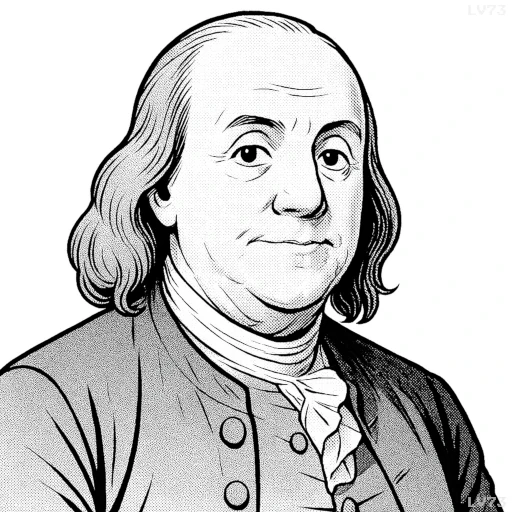“It is a grand mistake to think of being great without goodness and I pronounce it as certain that there was never a truly great man that was not at the same time truly virtuous.”

- January 17, 1706 – April 17, 1790
- American
- Polymath, Founding Father of the United States, Inventor, Diplomat, Writer
table of contents
Quote
“It is a grand mistake to think of being great without goodness and I pronounce it as certain that there was never a truly great man that was not at the same time truly virtuous.”
Explanation
In this quote, Benjamin Franklin affirms the essential connection between greatness and moral virtue. He argues that the pursuit of greatness—whether in power, influence, or accomplishment—is meaningless without goodness, and that true greatness has always included true virtue. The phrase “a grand mistake” emphasizes the seriousness of the error in separating personal character from public achievement.
Franklin’s life and thought were steeped in Enlightenment ideals, which championed reason, ethical conduct, and civic duty. He believed that lasting legacy and authentic leadership were built not just on success, but on integrity. By declaring that he has never seen a truly great man who was not virtuous, Franklin sets a high moral standard for greatness, asserting that honor and principle must accompany accomplishment.
In the modern world, where fame and power can be mistaken for greatness, this quote serves as a corrective. It reminds us that moral character is the foundation of true leadership and enduring respect. Whether evaluating historical figures, public officials, or our own aspirations, Franklin challenges us to ask: Is greatness built on virtue, or is it only hollow ambition? The answer, for him, is unequivocal—goodness is not optional; it is the measure of true greatness.
Would you like to share your impressions or related stories about this quote in the comments section?




